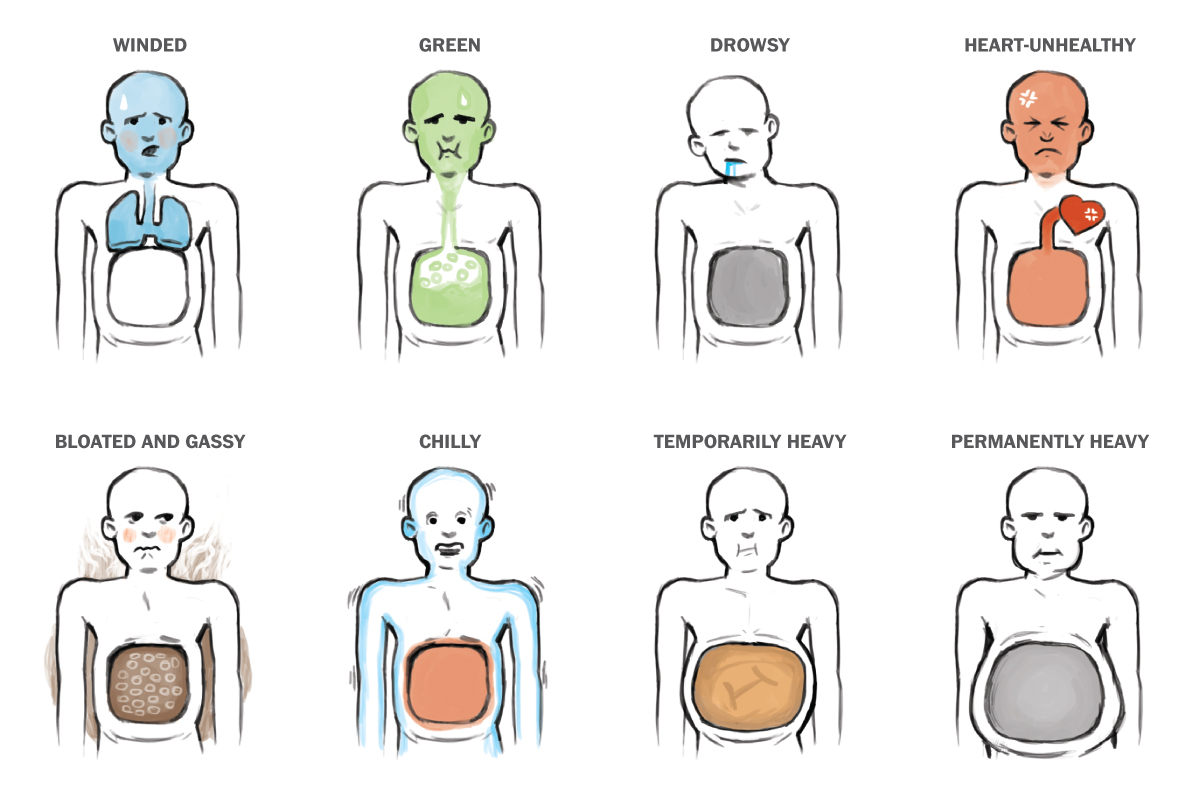Research has shown us repeatedly that lack of self-care is responsible for illness, relationship failures, stress, and many other undesirable things.
But, have you ever thought about how self-care affects your relationship with food?
Sounds a bit out there, I know. But when you consider the powerful impact food and nutrition have on our bodies, minds and spirit—it makes perfect sense.
My take on emotional eating is this:
To understand this more deeply, let’s examine why we overeat in the first place: we emotionally overeat when our needs are not being met in some area of our life. Period. So, if you’re not caring for yourself in a manner that makes your mind, body and spirit feel refreshed, listened to and cared for, you may need to consider making some wellness or lifestyle changes in order to transform your relationship with food.
When I talk about self-care, I don’t just mean going for a manicure/pedicure every few weeks, although that is nice for sure! The type of self-care that I’m referencing goes much deeper to impact our thoughts. Some of you may already know that these are problematic areas in your lives, but you may not realize how they’re affecting your intimate and sometimes complicated relationship with food.
1. If it feels wrong, honor your inner voice and don’t do it.
Listen to your inner intuition. Don’t ignore it. When you’re getting an uncomfortable or unsettling feeling about something, it’s usually because it’s not right for you. You may not always know the reason why, but in time all will be revealed. Trust yourself, move on and remember the uncomfortable or unsettling feeling is not hunger.
2. Say exactly what you mean—being mindful, not mean.
The old expression “say what you mean, but don’t say it mean” holds true. Sometimes it’s hard to express what we need, especially if we don’t think it will be received well by others. Remember to be contemplative yet unapologetic when you’re expressing yourself. Stress can sometimes lead you to be an unkind, short tempered, unpleasant (or just mean) communicator. This doesn’t feel good for you or the person receiving the attitude. Since emotional eaters don’t do well with uncomfortable feelings, these situations can be a perfect excuse to reach for the food to soothe those uncomfortable feelings.
3. Give up being a people pleaser.
I know this might be hard for some people to believe, but we were not put on earth to please everyone. It’s time to learn how to put your needs first. Recognize that it’s not possible to please everyone all the time. People pleasing usually just leads to disappointment, despair and burnout. And when you’re burned out or holding onto resentment, food can be a great comfort.
4. Trust your own instincts, not everyone else’s.
Trust that all the answers you need are already inside of you. Also remember that your own instincts will not misguide you. Slow down, be still and listen to what your mind and gut are telling you. The quiet times are when the answers will reveal themselves (and most often, the answer is not to eat).
5. Love and respect yourself by not speaking badly about yourself.
Be mindful about how you speak to yourself. What you tell yourself matters. Speaking badly about yourself wears down your self-esteem and confidence, both of which are top reasons to get lost in the comfort of food and overeat, even when you’re not hungry. Love yourself enough to work through the emotions and put the chips down in the meantime.
6. Allow yourself to dream without self-judgment.
It doesn’t cost anything to dream. Yet, so many people are afraid to allow themselves this simple pleasure. I believe repressing it is because there is so much deep fear about not knowing how you’d actually achieve those dreams. And so we continue doing what we always do, go about our days on autopilot—especially with food. Dreaming about what we want in our lives with curiosity and not judgment is creative, fun, and motivating.
7. Be kind to yourself.
It’s great to be kind to others, but remember to make sure that these healthy self-care habits include being kind to yourself. Without kindness, food becomes your BFF because it helps you feel better about yourself. Remember, not only are you are worthy of love and kindness, but you’re also worthy of enjoying food freedom.
8. Let go of what you cannot control.
Often times when people cannot let go of trying to control their lives, they try to control their food instead. For emotional overeaters, we like to try to control our food by restricting it. What happens though is the opposite…we start to crave food even more. So, it’s really a false sense of control.
9. Allow yourself to say “no” when you need to.
Saying “no” to things that are not aligned with your values or of your true purpose in life is not selfish. It’s part of your highest calling in life—to do that which makes you happy and avoid those that don’t. Allowing ourselves to say “no” creates a healthy boundary and therefore, creates space for other opportunities that are more in aligned with us to come into our lives.
10. Stay away from drama and negativity as much as possible.
If you wish to care for yourself in a way that will nourish your belly, being around negativity is not the way to do it. If needed, politely excuse yourself from conversations that are going in a negative direction or gently change the direction of a conversation to put a more positive spin on the discussion. Maintaining boundaries ensures that your needs are being respected and that helps eliminate the overeating.
The next time you decide that self-care isn’t your thing, remember what you’re really saying is that your needs aren’t important. Just think about how much better you’ll feel when you start to do one, two or all of 10 things with more regularity.
If you’re not accustomed to caring for yourself in these ways, expect to be uncomfortable in the beginning. Remember, discomfort is expected whenever we try something new. However, if you continue to raise your awareness with these self-care items and do them consistently, you will feel more fulfilled on an emotional, physical and spiritual level.
You’ll also notice that because you’re taking care of yourself and getting your needs met, over time your emotional overeating will diminish. Have faith in yourself and this process. It won’t happen overnight, but it will happen. I have faith in you.
Relephant read:
5 Ways to End Emotional Eating for Good.
Author: Michelle Vina-Baltsas
Editor: Catherine Monkman
Photo: Mike Haller/Flickr
~
Types of holiday overeating explained by the Washington Post:

Bonus:

 Share on bsky
Share on bsky







Read 8 comments and reply